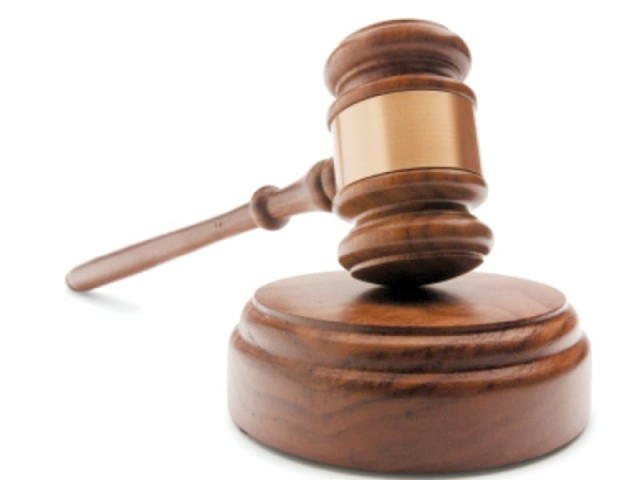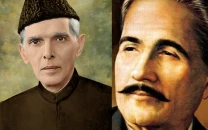Rule of law: Deradicalisation initiatives be linked with economic incentives, says Soofi
Needs skilled human resource to deal with over 5,000 detained suspected terrorists.

Needs skilled human resource to deal with over 5,000 detained suspected terrorists. CREATIVE COMMON
Pakistan’s police and prosecution systems are professionally and logistically incapable to uphold the rule of law and help with counter-terrorism in the country, according to legal and public safety experts.
The experts were speaking at a seminar on “Rule of Law and Counter-terrorism: Roles of Public and Private Sector,” organised by Centre for Research & Security Studies (CRSS) at a local hotel on Monday.
Criminal justice and police reforms expert Dr Shoaib Suddle said Pakistan is still stuck with an “outmoded, anachronistic” police system, which mostly borrows from a British-era police act and now suffers from rampant politicisation and corruption.

Suddle said if September 11 gave one opportunity, it was for Pakistan to “strengthen its (police) laws, harmonise and standardise them.” But Pakistan failed to seize the opportunity, he said.
“The system is not only broken, it is broke as well,” Suddle said. “The whole system has completely collapsed.”
He said police will never be able to deliver on counter-terrorism strategies unless the police model is changed. He urged for the police to be depoliticised.
Suddle also advocated for the empowerment of the lowest cadres of police, merit-based recruitment, accountability and professional trainings for officers to achieve a criminal justice system that provides relief to the citizens.
“We need a system that works for us where the common man can get justice in a reasonable [amount of] time,” he said.

In the same vein, law expert Ahmer Bilal Soofi said prosecutors in Pakistan are ill-equipped logistically to take on what might be the most ambitious prosecution project in the world.
Soofi said the government would need at least 100 special judges, more than 100 investigators and a similar number of prosecutors to pursue cases against the over 5,000 people detained in connection with terrorist activities, including suspects arrested during the Karachi operation.
“[With around 50 Anti-Terrorism Court judges] we are not ready for it in terms of logistics,” he said.
Soofi suggested a two-dimensional approach in which prosecution and de-radicalisation co-exist.
He said the Interior Ministry has the responsibility of devising a mechanism of de-radicalising the hundreds of terrorism suspects in Pakistani jail so they don’t turn in to hardened terrorists. He recommended that de-radicalisation initiatives in Pakistan should also be linked up with some economic incentives.
“If the talks result in an outcome that violates the international law, it can be a serious problem,” Soofi said.
As an example, he said if Pakistan gives haven to militants, it would be akin to “noncompliance” of the United Nations Security Council’s Resolution which prohibits member states from providing haven to people who “finance, plan, support, or commit terrorist acts.”
Hafiz Hussain Ahmed of Jamiat-e Ulema-e Islam-Fazl took digs at the military in connection with disrespect for laws while making references to the conflict in Balochistan and to the long march of the Voice of the Missing Baloch Persons.
Published in The Express Tribune, April 22nd, 2014.



















COMMENTS
Comments are moderated and generally will be posted if they are on-topic and not abusive.
For more information, please see our Comments FAQ